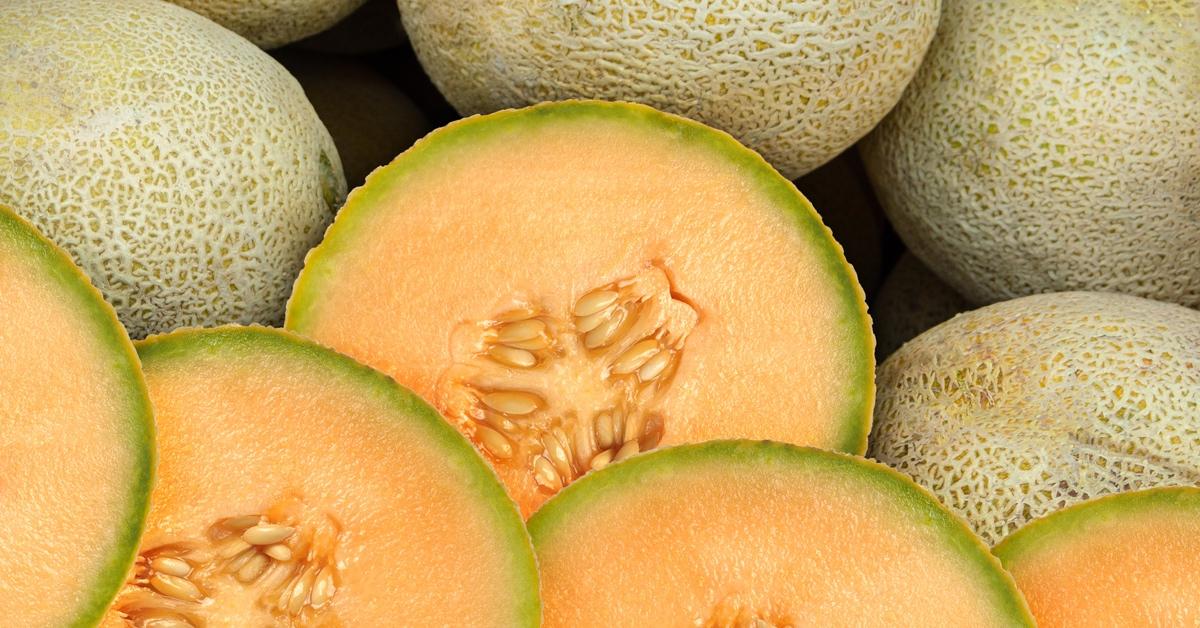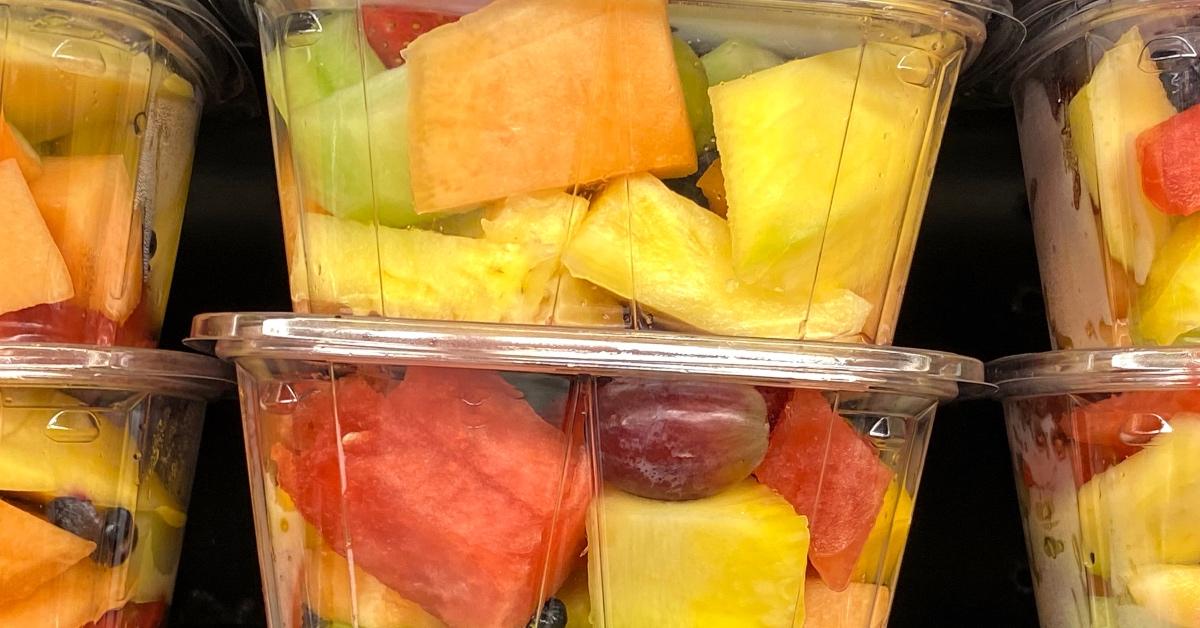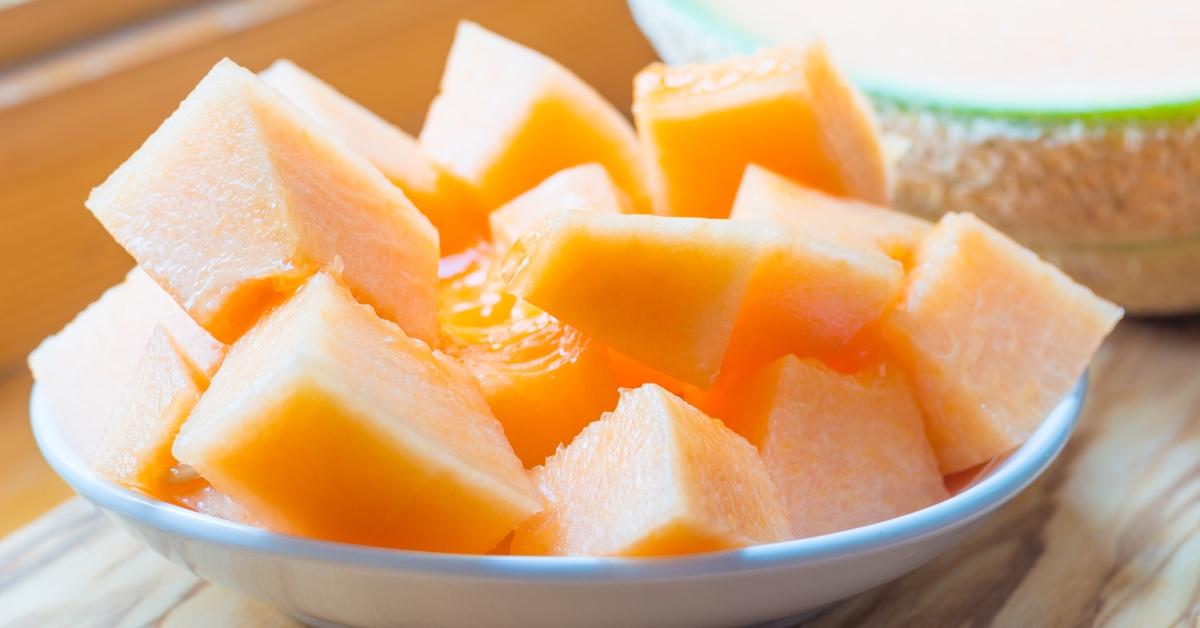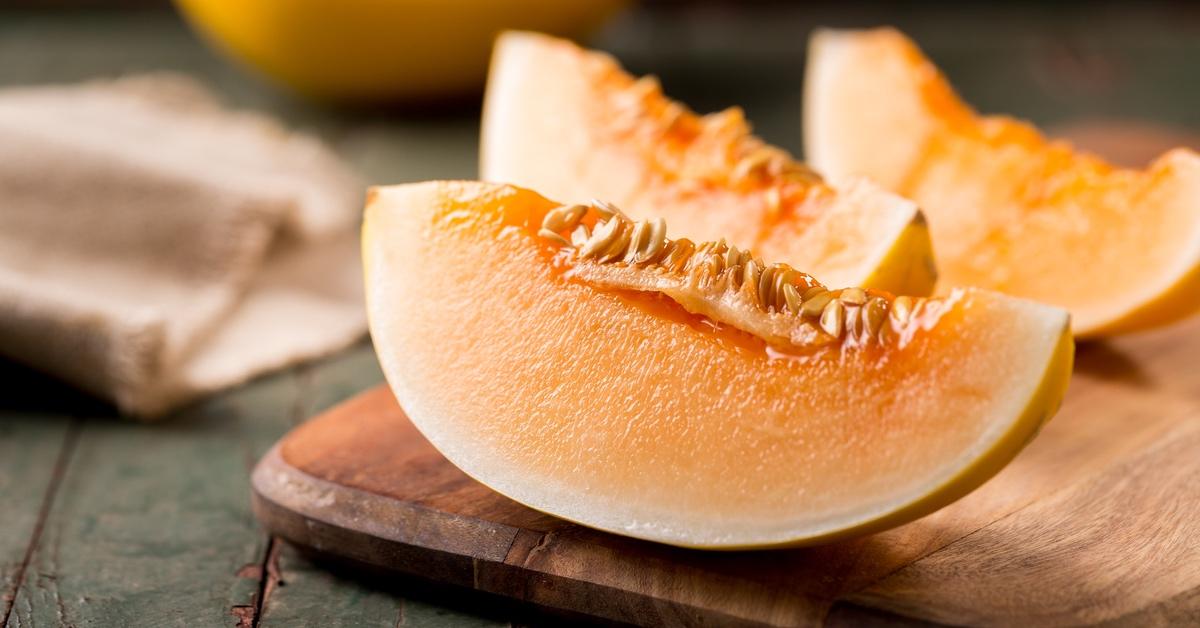More People Fall Ill as Contaminated Cantaloupe Rates Rise — What to Know
Updated Dec. 1 2023, 11:03 a.m. ET

The Gist:
- On Sept. 27, 2023, Eagle Produce announced a voluntary recall of almost 6,500 cases of cantaloupe.
- On Nov. 10, 2023, Sofia Produce announced a voluntary cantaloupe recall.
- On Nov. 29, 2023, GHGA Produce (in coordination with Sofia Produce) announced a voluntary cantaloupe recall on pre-cut products.
- The cantaloupes were recalled on possible salmonella contamination.
- Health officials advised consumers not to eat any pre-cut cantaloupe products if they don't know the source.
UPDATE Dec. 1, 2023, 10:15 a.m., EST: According to the Centers for Disease Control and Prevention (CDC), at least 117 people have been sickened by contaminated cantaloupe. Three voluntary cantaloupe recalls have gone into effect. Food recalls are necessary to protect consumers from various factors such as food contamination, foreign objects in the product, or any other issues the U.S. Food and Drug Administration (FDA) might want to warn people about.
On Sept. 27, 2023, Eagle Produce announced a voluntary recall of over 6,500 cases of cantaloupe after the FDA discovered a possible salmonella contamination upon routine testing at a distribution center. Then, on Nov. 10, Sofia Produce issued a second voluntary cantaloupe recall across 10 U.S. states and Canada. On Nov. 29, GHGA Produce, in coordination with Sofia Produce, also issued a voluntary cantaloupe recall.
Here's what you need to know about the recalls: important dates, product numbers, and more.

As of Dec. 1, 2023, the CDC is advising consumers not to purchase pre-cut cantaloupe unless they know the source.
According to the CDC, at least 117 people have become ill from salmonella across 34 states. There have been 61 hospitalizations with 16 new and two deaths.
On Nov. 29, 2023, GHGA Produce, in coordination with Sofia Produce, issued a voluntary recall on select pre-cut products due to potential salmonella contamination. It's important to note that these products have expired, however, if you froze them or otherwise saved them for later, it's important to get rid of them.
On Dec. 1, 2023, CNN reported that health officials are urging consumers not to consume any pre-cut cantaloupe unless they can determine the source, to prevent further potential illnesses. The two recalled brands are Malichita or Rudy.

Sofia Produce, LLC, announced a voluntary cantaloupe recall in November 2023.
On Nov. 10, 2023, Sofia Produce, based in Nogales, Ariz., announced a voluntary cantaloupe recall in tandem with the FDA. The company, which does business under the name "Trufresh," is recalling all products under the "Malichita" label that have been packaged in cardboard boxes.
The contaminated cantaloupes were distributed between Oct. 16 and Oct. 23. in 10 different U.S. states, including California, Arizona, New Jersey, Maryland, Wisconsin, Tennessee, Illinois, Texas, Florida and Michigan. Contaminated products were also distributed to Canada.
The cantaloupes subject to the recall have the word "Malichita" written on the PLU sticker, with the number "4050" displayed and a "Product of Mexico" label.

Eagle Produce announced a voluntary cantaloupe recall in September 2023.
On Sept. 27, 2023, Eagle Produce, based in Scottsdale, Ariz., announced a voluntary cantaloupe recall, which was quickly followed by an FDA announcement on Sept. 28.
The official number of cases of cantaloupe recalled is 6,456, and the products were distributed between Sept. 5-16 in 19 states, including "California, Illinois, Indiana, Iowa, Kentucky, Louisiana, Maryland, Michigan, Minnesota, Missouri, North Carolina, North Dakota, Ohio, South Dakota, Tennessee, Texas, Virginia, West Virginia, Wisconsin and Washington D.C."
There are three types of cantaloupe subject to the recall, all from the brand Kandy:
- Whole cantaloupe, lot code 797901
- Whole cantaloupe, lot code 797900
- Whole cantaloupe, lot code 804918
If you have purchased any of the recall items, reach out to Eagle Produce LLC for further information at the following phone number: 1-800-627-8674, Monday through Friday, between 8 a.m. and 5 p.m. PST.
Or you can contact Rafael Roiz, a representative for Trufresh, Monday through Friday, between 8 a.m. and 5 p.m. MST, via the phone number (520) 394-7370.

If you think you have eaten contaminated food, here's what to know.
Symptoms of Salmonella include:
- Nausea or vomiting
- Fever
- Diarrhea
- Chills
- Headache
- Abdominal cramps
It's important to note that symptoms of Salmonella can look like other medical infections, so if you think you have consumed a contaminated product, including the cantaloupe in the recall, it's important to first and foremost inform a medical practitioner.
The best way to prevent Salmonella infections is not to consume raw milk and eggs and to wash your food, hands, and utensils accordingly. Don't forget to stay alert for any further food recalls so you know which products may be contaminated!
This article, originally published on Sept. 29, has been updated to reflect new CDC guidelines.